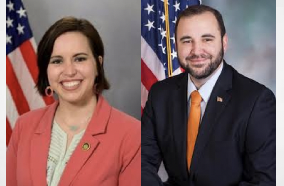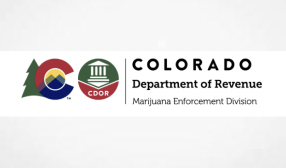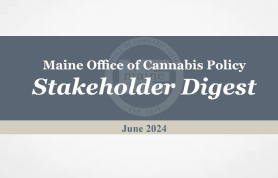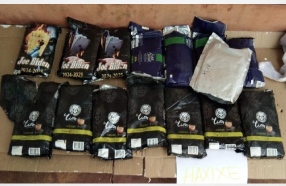Source: JD Supra
https://www.jdsupra.com/legalnews/does-rescheduling-cannabis-make-it-7300251/
Even with the expected rescheduling of cannabis from a Schedule I drug to a Schedule III drug, it will take more for it to be eligible for interstate commerce.
Marijuana would remain subject to provisions of the Food, Drug and Cosmetic Act (FDCA) and Controlled Substances Act (CSA) even if rescheduled. Under the CSA, marijuana needs FDA approval to be lawfully “introduce[d] or deliver[ed] for introduction into interstate commerce.”
Schedule III drugs, along with Schedule IV and V drugs, are not permitted to be sold across state lines unless approved by the FDA. Contrast that with alcohol or tobacco, which are not scheduled under the CSA and do not need FDA approval for interstate commerce.
While the FDA has approved some scheduled drugs, such drugs as anabolic steroids, testosterone and Tylenol with codeine, for interstate commerce, it is unclear if even medical marijuana, let alone recreational marijuana, would be approved by the federal agency.
Many believe the FDA will approve interstate sales, or that they’ll simply not enforce laws barring cross-border sales. In recent years, Congress has regularly passed budget legislation prohibiting federal money to crack down on cannabis businesses operating in states where the drug is legal, and has mostly left marijuana companies alone. And that is when the drug was classified as Schedule I.
But much is to be decided. There’s still several months before the reclassification occurs, with a rulemaking and public comment process, as well as potential challenges. If the process should stretch beyond the 2024 presidential election and President Biden, who supports the reclassification were to lose, it is unclear how a Trump administration would handle the subject of reclassification.
Support for Legalization Strong
The U.S. Drug Enforcement Administration said in May it will approve a Sept. 2023 recommendation from the Department of Health and Human Services to reclassify marijuana from a Schedule I to a Schedule III drug. HHS conducted a scientific and medical evaluation of the drug. Marijuana has historically been listed alongside heroin and LSD as a Schedule I drug, which includes substances with a “high potential for abuse and no real medical value.” As a Schedule III drug, cannabis would be among alongside drugs like anabolic steroids, having a low risk of abuse and legitimate medical value.
With reclassification, while the drug will still be illegal, it will face less-stringent regulations, easing tax restrictions and interstate commerce hurdles.
Currently, marijuana is legal in 39 states for medical use and 24 states for recreational use. Cultivating, producing and selling it remains illegal under federal law.
In New York, which passed the Marijuana Regulation and Tax Act (MRTA) in 2021, the legal market is projected to generate $2 billion annually. Any step to support legal businesses helps thwart the thriving illegal market that has been the target of enforcement activities.
Support for a legal market is strong, inside and outside of Washington, D.C. According to a Pew Research poll last month, nearly six in 10 say marijuana should be legal for medical and recreational purposes. Number such as this have prompted Congress to consider several measures to help legal marijuana businesses in the estimated $34 billion market, including the SAFE Banking Act, which would allow cannabis businesses access to traditional banking and financing.
Interstate Commerce and the Dormant Commerce Clause
While most states have rules that support a seed-to-sale silo operation of intrastate commerce, that doesn’t mean they aren’t open to markets in other states. Some states, such as California, Oregon and Washington, have passed laws the permit cannabis businesses to transport THC products across lines for sale in other legal markets if the federal government legalizes marijuana and interstate commerce.
And let’s not forget, the Dormant Commerce Clause prohibits states from discriminating against out-of-state producers. Certainly, federal reclassification would provide more fodder for companies to challenge regulations prohibiting interstate commerce. There have already been many legal challenges, including in New York, where out-of-state growers have cried foul over residency requirements and other regulations stacking the deck against them. Their lawsuits are predicated on the Dormant Commerce Clause, which states that since Congress regulates interstate commerce, states are restricted from enacting legislation which discriminates against or unduly burdens interstate commerce.
Inside and outside of New York, out-of-state operators are finding some legal success. Certain judges are agreeing that the illegality of marijuana at the federal level bars it from regulation under the Dormant Commerce Clause.
This question is certainly not decided by any means, whether it be in federal agencies, Congress or the courts, and it bears watching in the coming months.
















